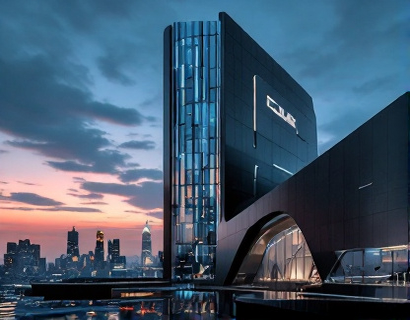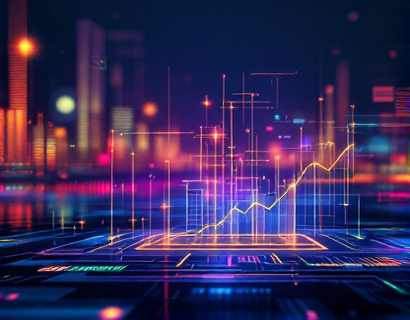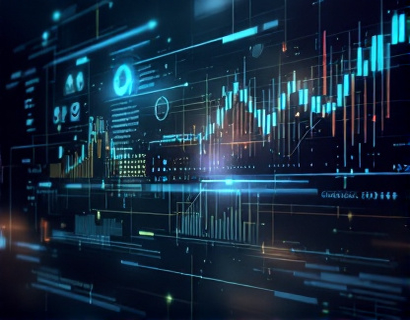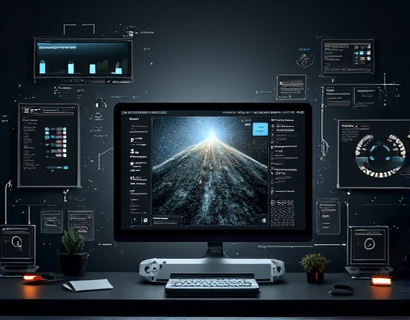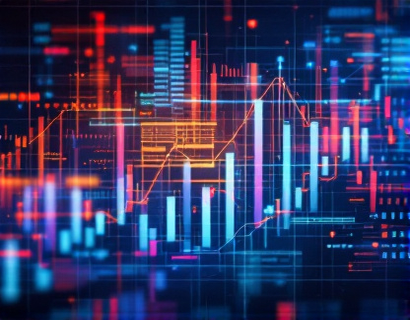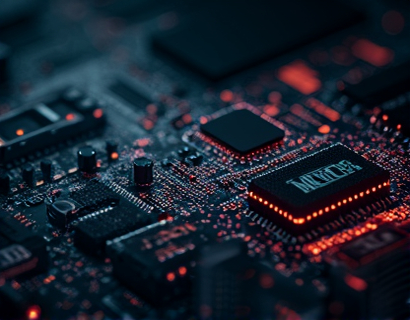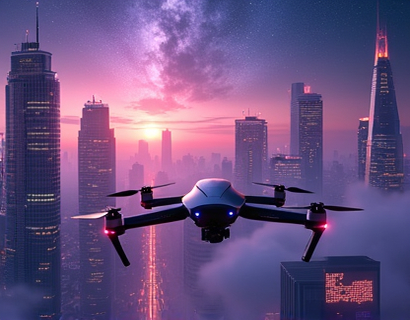Elevate Event Performance: Cutting-Edge Software Solutions for Performers and Entertainment Professionals
In the dynamic world of entertainment, staying ahead of the curve is crucial for success. Advanced software solutions have revolutionized the way performers and event professionals manage their careers, streamline operations, and engage with audiences. These tools offer a comprehensive suite of features designed to maximize event impact, from booking management to audience interaction. By leveraging these technologies, entertainment professionals can transform their approach to event management, unlock new career opportunities, and ensure a seamless experience from start to finish.
Streamlining Workflows with Advanced Software
The backbone of any successful event is efficient workflow management. Cutting-edge software solutions provide performers and event organizers with the tools needed to automate repetitive tasks, reduce errors, and save valuable time. For instance, integrated booking systems allow artists to manage their schedules and availability with ease, eliminating the need for manual booking tracking. These systems can sync across multiple platforms, ensuring consistency and accuracy in scheduling.
Event management software takes this a step further by offering comprehensive tools for coordinating all aspects of an event. From venue selection and logistics to catering and security, these platforms provide a centralized hub for managing every detail. Automated reminders and notifications keep all stakeholders informed and on track, reducing the risk of last-minute issues and ensuring a smooth execution.
Enhancing Audience Engagement
Audience engagement is a critical factor in the success of any performance or event. Modern software solutions offer innovative ways to connect with fans and create immersive experiences. Interactive features such as live polls, Q&A sessions, and real-time feedback allow performers to engage with their audience in meaningful ways. These tools not only enhance the live experience but also foster a sense of community and loyalty among fans.
Social media integration is another key aspect of audience engagement. By linking social media accounts to event platforms, performers can promote their events, share behind-the-scenes content, and interact with fans before, during, and after the event. This continuous engagement helps build anticipation and keeps the audience excited and involved.
Managing Bookings and Promotions
Effective booking and promotion strategies are essential for attracting and retaining audiences. Advanced software solutions provide powerful tools for managing bookings, from initial inquiries to final confirmations. Artists can receive notifications when their availability is requested, and they can easily accept or decline bookings directly through the platform. This streamlined process ensures that no opportunity is missed and that schedules are optimized for maximum impact.
Promotion tools within these platforms are equally powerful. Customizable marketing campaigns can be created and tracked, allowing performers to monitor the effectiveness of their promotional efforts. Features such as email marketing, social media advertising, and targeted promotions help reach a wider audience and drive ticket sales. Analytics and reporting tools provide insights into audience behavior and preferences, enabling data-driven decision-making for future events.
Fan Connection and Community Building
Building and maintaining a strong fan base is vital for long-term success in the entertainment industry. Software solutions designed for performers offer robust tools for managing fan connections and fostering community. Fan databases can be used to store contact information, purchase history, and engagement data, providing a comprehensive view of each fan's journey with the artist.
Personalized communication is key to keeping fans engaged. Automated email campaigns can be tailored to specific segments of the fan base, offering exclusive content, early access to tickets, and personalized messages. These interactions not only strengthen the bond between the artist and fans but also increase the likelihood of repeat attendance and word-of-mouth promotion.
Social media management tools integrated into these platforms simplify the process of creating and sharing content. Performers can schedule posts, monitor engagement metrics, and respond to fan comments in real-time. This level of interaction helps build a loyal community that actively supports the artist's career.
Seamless Event Execution
A well-organized event requires meticulous planning and coordination. Advanced software solutions provide the necessary tools to ensure every aspect of the event runs smoothly. From ticketing systems that handle sales and manage inventory to backstage management tools that coordinate performers and staff, these platforms cover all bases.
Ticketing systems can be integrated with various sales channels, including the artist's website, third-party ticketing sites, and mobile apps. This multi-channel approach ensures that tickets are accessible to a broader audience. Real-time inventory updates prevent overselling and ensure accurate attendance tracking. Digital tickets and wristbands further enhance the attendee experience by eliminating the need for physical tickets.
Backstage management tools are equally important. These features allow organizers to track performer schedules, monitor stage transitions, and manage technical requirements. Communication tools ensure that everyone involved in the event is on the same page, reducing the risk of miscommunication and delays. This level of organization is crucial for maintaining the high standards expected by performers and audiences alike.
Data-Driven Insights and Analytics
One of the most significant advantages of using advanced software solutions is the access to comprehensive data and analytics. These insights provide valuable information on audience behavior, event performance, and marketing effectiveness. By analyzing this data, performers and event organizers can make informed decisions to optimize future events and refine their strategies.
Attendance analytics help identify trends in audience demographics, preferences, and attendance patterns. This information can be used to tailor future events to better meet the needs and expectations of the audience. Revenue analytics provide insights into ticket sales, sponsorships, and merchandise revenue, helping to identify the most profitable aspects of the event.
Marketing analytics track the performance of promotional campaigns, offering data on engagement rates, conversion rates, and return on investment. This information enables performers to allocate their marketing budget more effectively and focus on the channels that drive the best results. By leveraging these insights, entertainment professionals can continuously improve their approach and achieve better outcomes.
Unlocking New Career Opportunities
The use of advanced software solutions not only enhances the day-to-day operations of performers and event professionals but also opens up new career opportunities. By demonstrating proficiency in these tools, individuals can position themselves as tech-savvy professionals in the industry, attracting attention from event organizers, production companies, and other key stakeholders.
Many software platforms offer training and support resources to help users get the most out of their tools. Participating in these programs can enhance skills and knowledge, making users more competitive in the job market. Additionally, the ability to manage events efficiently and effectively can lead to opportunities for advancement, such as moving into event production, management, or consulting roles.
The entertainment industry is constantly evolving, and staying ahead requires embracing new technologies and methodologies. By adopting advanced software solutions, performers and event professionals can stay relevant, adapt to changing trends, and seize new opportunities for growth and success.
Conclusion
In conclusion, cutting-edge software solutions are transforming the way performers and entertainment professionals manage their careers and events. These tools offer a range of benefits, from streamlining workflows and enhancing audience engagement to providing data-driven insights and unlocking new career opportunities. By embracing these technologies, individuals in the entertainment industry can elevate their performances, simplify their operations, and achieve greater success. The future of event management is digital, and those who adapt will thrive.




